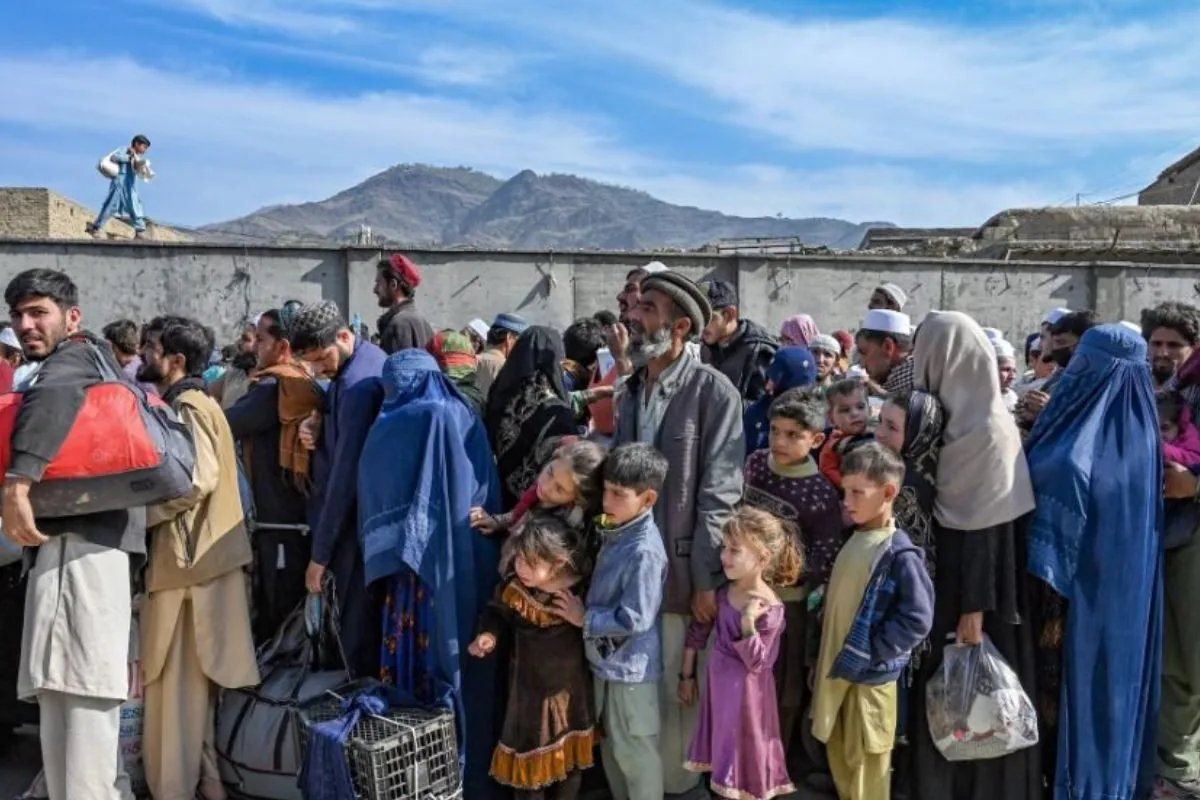Abdul Mutalib Haqqani, spokesperson for the Ministry of Refugees and Repatriation, reported that nearly 150,000 Afghans returned to the country over the past month from Turkey, Pakistan, and Iran.
The spokesperson said that among these returnees, 10,000 came from Pakistan, 1,900 from Turkey, and the remaining majority from Iran.
“Approximately 150,000 Afghans returned to the country in one month, some voluntarily and others were forcibly deported,” he added.
Meanwhile, several returnees are calling on the interim government to provide essential services, such as job opportunities and shelter.
Abdul Majid, who was deported from Iran with his family after living there for two years, described the challenges Afghan migrants face in Iran: “I was at work when they detained me and deported us.”
Malika, another deportee, said: “We had neither a place to live nor food to eat here [in Afghanistan], which is why we went to Iran to work and earn a living.”
Some families have voluntarily returned to Afghanistan. These families are urging the interim government to create job opportunities and housing. They believe that if such facilities were available in Afghanistan, people would not be forced to leave.
Nazifa, another returnee, said: “We went to Iran because there was no work here. Over there, we couldn’t even leave the house. They would detain Afghans.”
Migrant rights activists also said that the interim government and organizations supporting migrant rights should work together to address the challenges faced by returning migrants.
Mohammad Khan Talebi Mohammadzai, a migrant rights activist, told TOLOnews: “The Islamic Emirate of Afghanistan and the relevant authorities should develop a comprehensive plan for the reintegration of these returnees and address their financial concerns and issues related to land.”
In the past two years, the forced deportation of Afghan migrants from various countries, especially neighboring nations, has increased. Reports of mistreatment of Afghan migrants in these countries are also frequently published.

